Co-Chairs
| Dr. Jana Sillmann, Research Director, Center for International Climate Research, Oslo, Norway Personal homepage |
|
She is Research Director at the Center for International Climate Research – Oslo (Norway) and leads the Climate Impacts group. Her expertise is in the analysis of climate extremes in a changing climate. Her work focuses on relating physical aspects of weather and climate extremes to socio-economic impacts and questions related to risk assessment and decision-making. She is co-leading activities of the World Climate Research Programme (WCRP) Grand Challenge on Weather and Climate Extremes and a member of the scientific steering committee of the Integrated Research on Disaster Risk (IRDR) Programme. She is also Lead Author of Chapter 12 “Climate change information for regional impact and for risk assessment” in the 6th Assessment Report of the Intergovernmental Panel on Climate Change (IPCC) Working Group 1. return |
| Markus Reichstein, Max-Planck-Institute for Biogeochemistry, Jena, Germany Personal homepage |
|
He is Director of the Biogeochemical Integration Department at the Max-Planck Institute for Biogeochemistry, Jena, Professor for Global Geoecology at the FSU Jena, and Director at the Michael-Stifel-Center Jena for Data-driven and Simulation Science in Jena. His main research interests include ecosystem physiology, carbon and water cycles and their interactions from ecosystem to globe, the impact of climate variability on the carbon cycle and the role of the soil in the Earth System. He and his research group tackle these topics by combining experimental, ground- and satellite-based observations with data-driven and process-oriented models in a model-data integration approach. He has been coordinator of CARBO-Extreme, ERC Starting Grant holder (QUASOM) and PI in numerous EU-Projects. Together with D. Papale and D. Baldocchi, he is leading the current FLUXNET data synthesis activity. Prof. Reichstein has authored >185 publications including ones in high-impact journals (e.g. Nature, Science, PNAS). He has been part of the iLEAPS/IGBP Scientific Steering Committee, lead author of the IPCC special report on Climate Extremes (SREX), Working group I, and member of the Thuringian panel on climate change, and leading the Future Earth Cluster “Extreme Events from climate to society”. He serves on the Editorial board of Agricultural and Forest Meteorology, Global Change Biology and Carbon Management. In 2013 he was awarded with the Max-Planck Research Award by the Alexander von Humboldt foundation. return |
| Felix Riede, Department of Archaeology and Heritage Studies & Center for Biodiversity Dynamics in a Changing World (BIOCHANGE) & Arctic Research Center, Aarhus University, Denmark Personal homepage |
|
He is professor with special responsibilities in Environmental Humanities and Climate Change Archaeology. Born in Germany and educated the UK (Durham and Cambridge), Felix is now Director of the Laboratory for Past Disaster Science (LAPADIS). His focus lies in the deep history and archaeology of climate change and extreme events, with many collaborations across the biological and geological sciences. return |
Development Team
| Dr. Kalpana Chaudhari, Institute for Sustainable Development and Research (ISDR), India Personal homepage |
|
She is Vice President of Institute for Sustainable Development and Research, ISDR, India, an organization that has consultative status with United Nations Economic and Social Council (UN-ECOSOC), UN-Habitat, UN-Environment, UN-Finance for Development,FAO-Committee on Food Security, FAO-Mountain Partnership. She is Core Member of Expert Team on Disaster Risk Reduction (ETDRR) for Joint WMO-UNESCO-IOC Technical Commission for Oceanography and Marine Meteorology (JCOMM). She is Lead Author and Reviewer for the flagship report on “Science for Disaster Risk Management 2020–Acting today, Protecting tomorrow” of Disaster Risk Management knowledge Center, Joint Research Centre, European Commission (EC/EU) and External Reviewer of the first work programme of the Intergovernmental Science-Policy Platform on Biodiversity and Ecosystem Services (IPBES). She is member of Development Team of Knowledge-Action-Networks for Ocean (Ocean KAN) and Emergent Risks and Extreme Events (Risk-KAN) of Future Earth. Kalpana is also member of Global Forum on Agriculture Research, FAO, Italy, and Member of Organization for Women in Science for the Developing World, Trieste, Italy. She has 22 years experience in academic, research and training in information and communication technology and its application for Agriculture and Rural Development, Global Environment Change and sustainable development; Socio-Economic and Ecological Development. She has participated in the programs on implementation of Millennium Development Goal (MDGs)and Sustainable Development Goals(SDGs), Human Dimensions of Biodiversity Conservation, Food Security, Coastal and Ocean Governance organized by UNESCO-IOC, WMO, UNESCO-MAB and UNESCO-IHP; FAO, International Council of Scientific Unions–ICSU, WCRP, LOICZ, IUGG, IAPSO and other International organizations in Asia-Pacific, Africa, South America and Europe region. return |
| Narcisse GAHI, Université Felix Houphoeut-Boigny, Abidjan, Côte D’Ivoire |
|
He hold a PhD in Climate and Water Resources (2016) and a master in Water and Sanitation at Felix Houphouet-Boigny University (UFHB), Côte d’Ivoire. He joined the Department of Water and Environment Sciences and Engineering as a postdoctoral researcher in February 2018. He is also a research associate at International Water and Sanitation Centre (Burkina office) since 2015. Prior to these, Narcisse has been hosted by “Centre Africain de Recherche et de Formation (CERES)” in Burkina Faso as a PhD student where he took advantages of involving within research and development projects and served as a focal point on climate and disaster risk management. His research is connecting sciences, practices and policy together to inform decision-making, singular in West Africa. He got a cross-sectorial advanced skills in monitoring, understanding of climate and socioecological systems, developing sustainable hydroclimate services and tools and transfer knowledge to users, practitioners and policy makers, especially those related to hydroclimate risk reduction and water security. He is supporting organisations and communities (Government organisations, NGOs, communities, academic and research institutes) to jointly challenge these risks. return |
| Brian Golding, Fellow in Weather Impacts at the Met Office and Co-chair of the WMO/WWRP HIWeather project |
|
He is a highly experienced scientific leader with a unique breadth of experience and reputation in weather-related forecasting and warning research. His contribution has been recognised with the award of OBE and honorary visiting professorships at Exeter and Bristol Universities and by his appointment as co-chair of the international HIWeather project. return |
| Jo-Ting Huang-Lachmann, Climate Service Center Germany (GERICS), Hamburg Personal homepage |
|
She works for the INNOVA project at the Climate Service Center Germany (GERICS). Her research focuses on economics of climate change adaptation in cities. She has an interdisciplinary background of environmental management and climate adaptation in cities and has practical experience working with city governments. Her research area includes stakeholder engagement, climate adaptation, institutional economics and co-benefits of cities’ climate and sustainability strategies. |
| Sirkku Juhola, University of Helsinki, Finland Personal homepage |
|
She is a professor of urban environmental policy at the Ecosystems and Environment Research Program at the University of Helsinki and the leader of our multidisciplinary research group Urban Environmental Policy. She is also a guest professor at the Centre for Climate Science and Policy Research, Linköping University in Sweden. Her area of expertise is environmental and climate policy. She is interested in bringing different fields together to understand challenges associated climate risks in cities. return |
| Gordon McBean, Institute for Catastrophic Loss Reduction and Department of Geography, Western University, Canada Personal homepage |
|
Professor Emeritus Gordon McBean PhD is Director of Policy, Institute for Catastrophic Loss Reduction and Department of Geography, Western University. He was President, International Council for Science (2014-18), Co-Chair, Future Earth Program Governing Council (2016-18) and Chair, Science Committees for Integrated Research on Disaster Risk (2006-11) and the World Climate Research Programme (1988-94). His research focuses on policy and governance issues of climate change adaptation and disaster risk reduction, building on his experience as, from 1994 to 2000, the Assistant Deputy Minister, Meteorological Service of Environment Canada. Previously, he was Professor, Atmospheric-Oceanic Sciences, University of British Columbia and Senior Scientist in Environment Canada – when his research focused on the physics of the atmosphere-ocean systems. He has been a lead author in IPCC Reports, including the Special Report on Climate Extremes. He was awarded: 2015 AGU Ambassador Award; and 2015 AMS Cleveland Abbe Prize; and the 2017 IMO Prize. return |
| Ilan, Victoria University of Wellington, New Zealand Personal homepage |
|
He is the Chair in the Economics of Disasters and a Professor of Economics at Victoria University of Wellington, New Zealand. His research and teaching focus on the economic aspects of natural hazards and disasters, and other related topics in environmental, development, and international economics. He is also the founding Editor-in-Chief of Economics of Disasters and Climate Change, a journal published by SpringerNature. He previously worked at the University of Hawaii, and has consulted for the World Bank, the Asian Development Bank, the Inter-American Development Bank, UNISDR, the International Monetary Fund, and ASEAN. Ilan has published around 75 refereed papers, mostly on the economics of disasters, including works on short- and long-term impacts, fiscal implications, insurance, and impact measurements. return |
| Mark Pelling, King’s College, London, UK Personal homepage |
|
He is Professor of Geography, King;s College London. His expertise is in climate change adaptation and disaster risk reduction in low and middle income countries. He is a Coordinating Lead Author for the Intergovernmental Panel on Climate Change 6th Assessment Report. Mark is seconded 50% of his time to act as a Resilience Challenge Lead for the Global Challenges Research Fund, UKRI. return |
She examines the interactions among people, mobility, and urban energy systems. Her work also focuses on crucial intersections between urbanization and risks associated with food, energy, and water systems along with related governance and the capacity of these systems to adapt to and mitigate risks.
Throughout her career, she has played leadership roles in various interdisciplinary and international research projects, resulting in several research grants and some 120 peer-reviewed publications. She served as co-leading author in one of the working groups contributing to the Nobel Prize-winning Fourth Assessment Report published by the United Nations’ Intergovernmental Panel on Climate Change (IPCC).
In addition to her international work for organizations such as the IPCC and Future Earth, she is a steering committee member of the U.S. Carbon Program and the Boulder County, Colorado-based BoCo Strong initiative.return
| Qian Ye, Executive Director, Science Steering Committee Member IRG (Integrated Risk Governance Project), Professor Beijing Normal University, Beijing,China Personal homepage |
|
His research background includes an expertise in social-economic impacts of climate changes and disaster risk governance. As the executive director of the Integrated Risk Governance Project, sponsored by Future Earth/ICSU and UNISDR, he has engaged extensively with the scientific research community, government policy makers, business sectors, educators and general public around the world on the disaster risk reduction and green development, supervising two current doctoral projects in co-benefit of reducing disaster risks and building resilient society. He has been awarded over $3 million USD in competitive research funding and has published over 30 peer-reviewed papers in the area of climate change and disaster risk governance. He is the coordinator of Global University Consortium for Integrated Risk Governance, an international education network.return |
| Takehito Yoshida, Research Institute for Humanity and Nature (RIHN) & Department of General Systems Studies, University of Tokyo Personal homepage |
|
He is an ecologist and limnologist who studies diversity and complexity of organisms and ecosystems from the viewpoints of adaptation and system dynamics, and explores human-nature interactions and sustainability in local communities in Japan. Trained in Kyoto University (PhD) and Cornell University (postdoc), he was appointed as a faculty member at the University of Tokyo and then jointly appointed at RIHN and the University of Tokyo since 2017. In RIHN, he is leading a research project on the ecosystem-based disaster risk reduction (Eco-DRR). return |

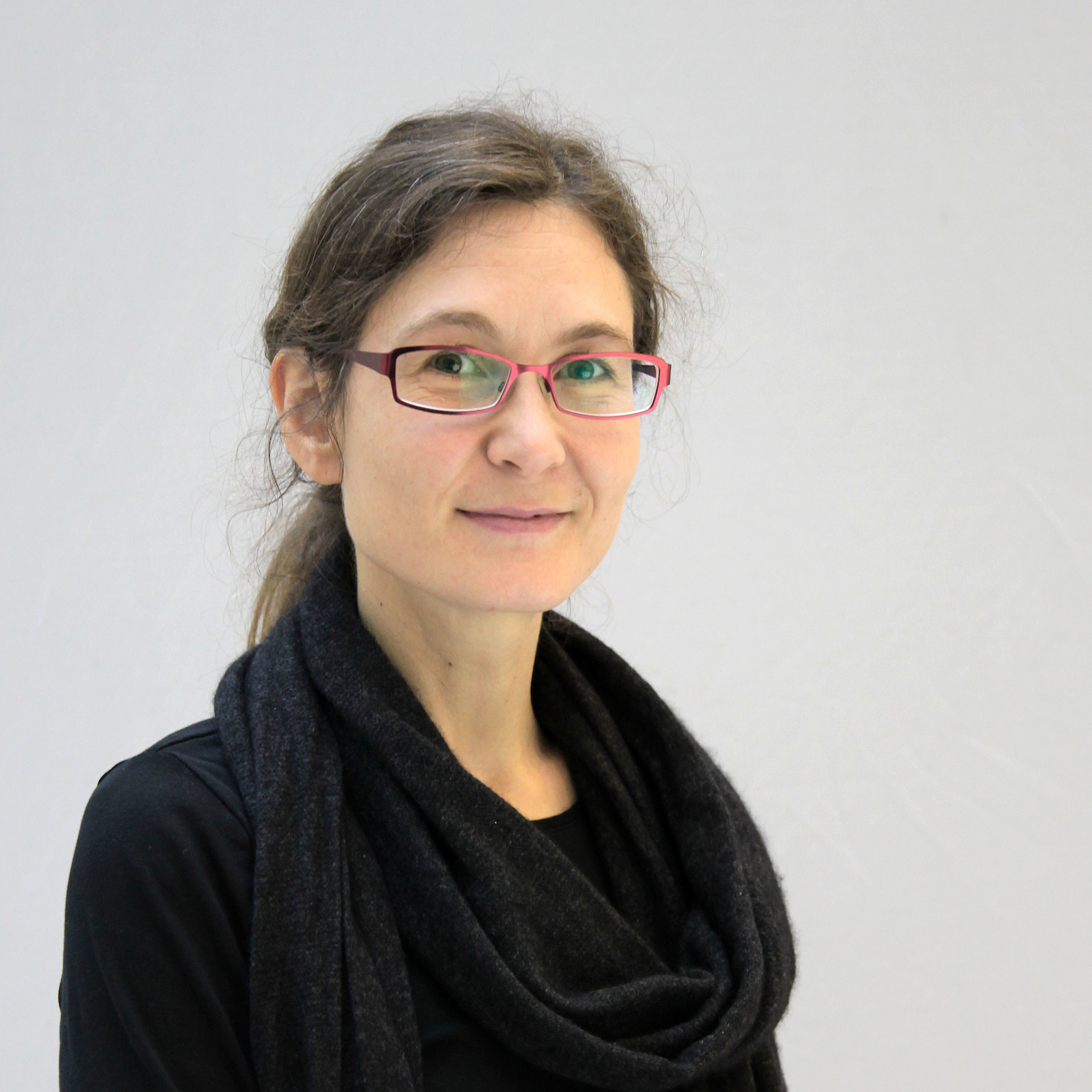 Jana Sillmann
Jana Sillmann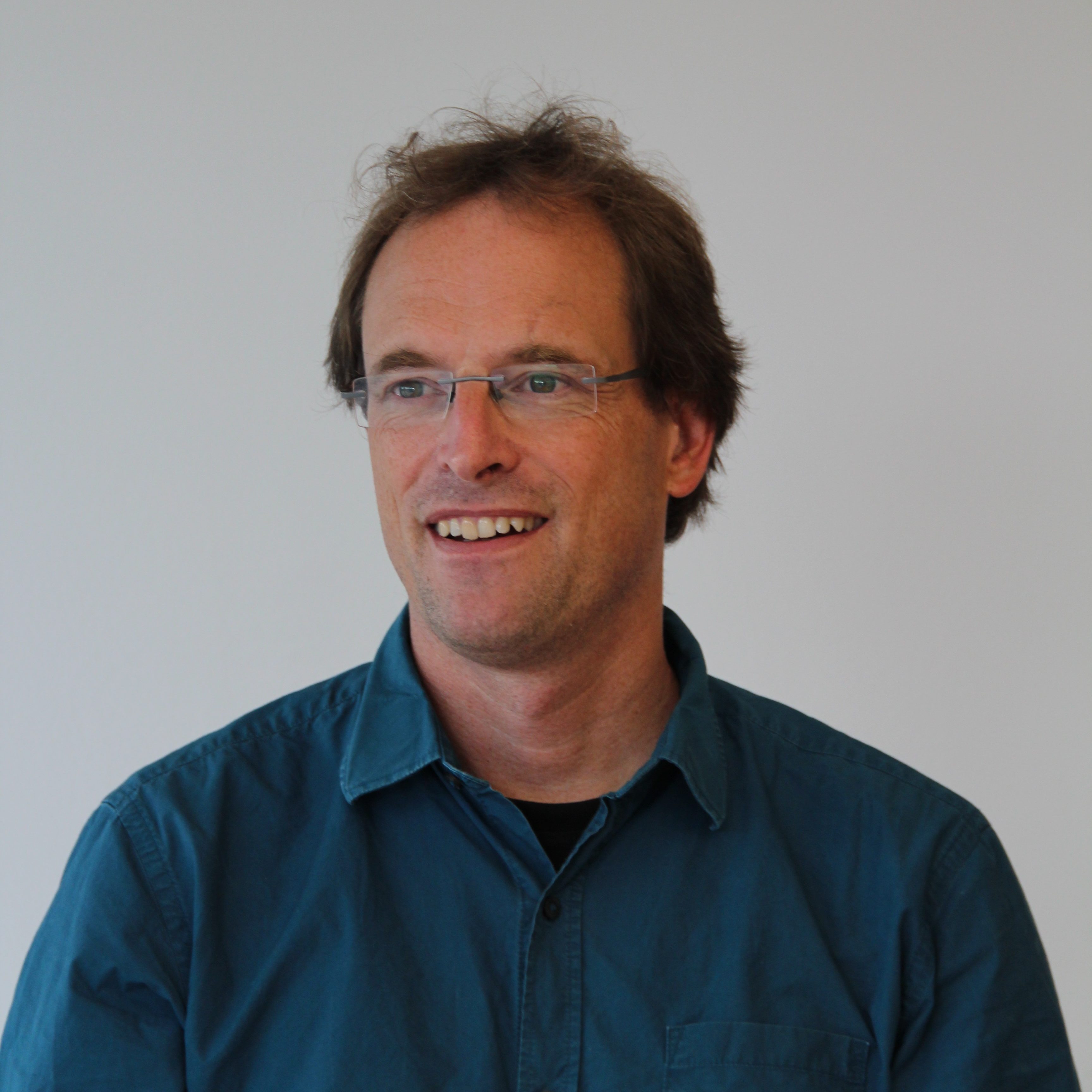 Markus Reichstein
Markus Reichstein Felix Riede
Felix Riede Kalpana Chaudhari
Kalpana Chaudhari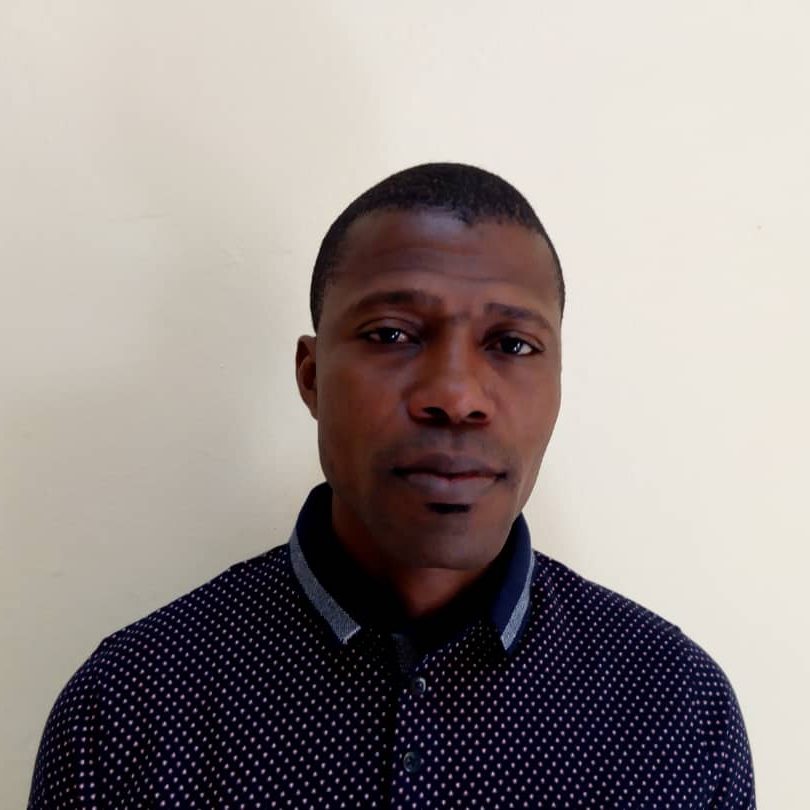 Z. Narcisse Gahi
Z. Narcisse Gahi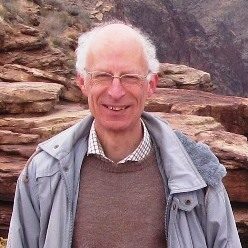 Brian Golding
Brian Golding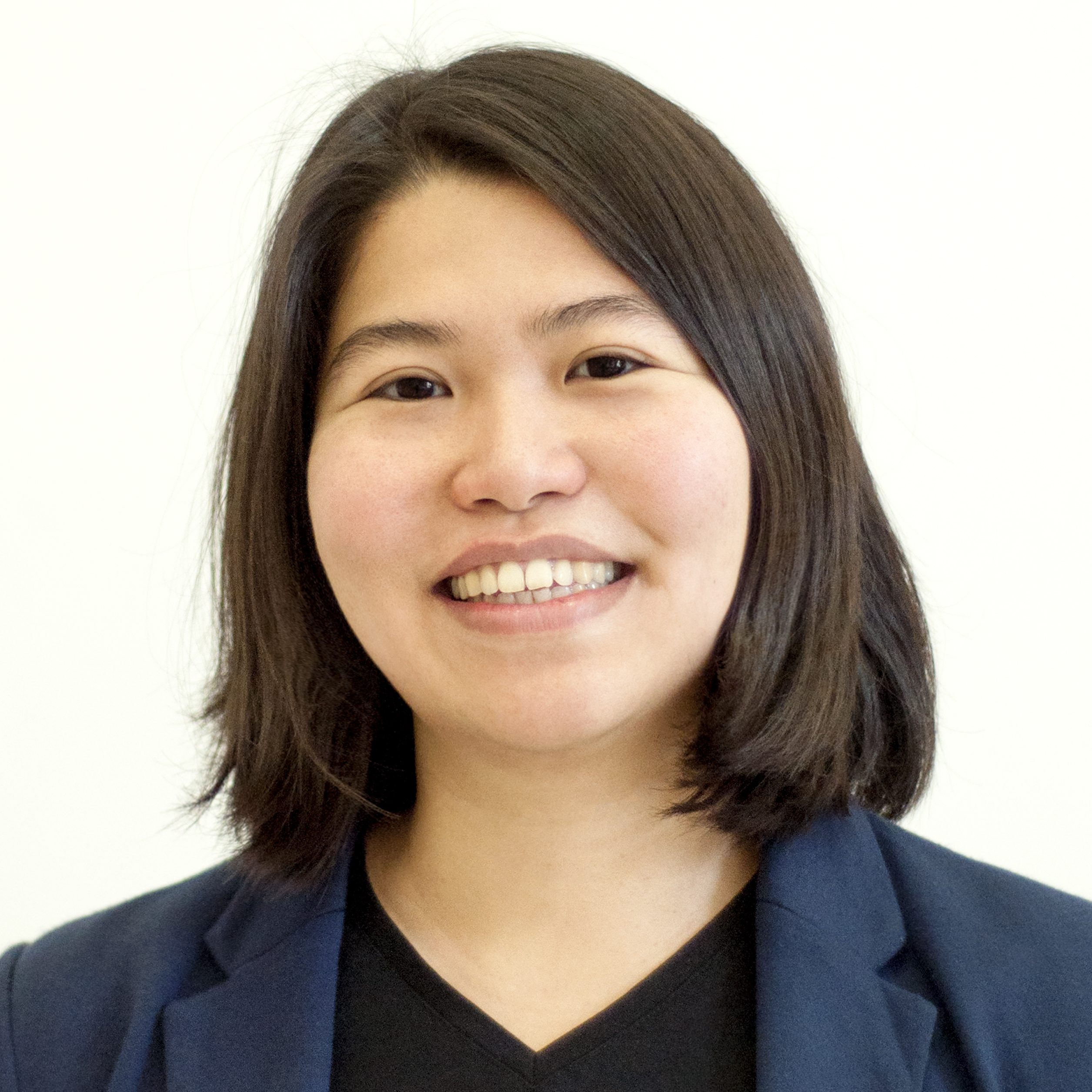 Jo-Ting Huang-Lachmann
Jo-Ting Huang-Lachmann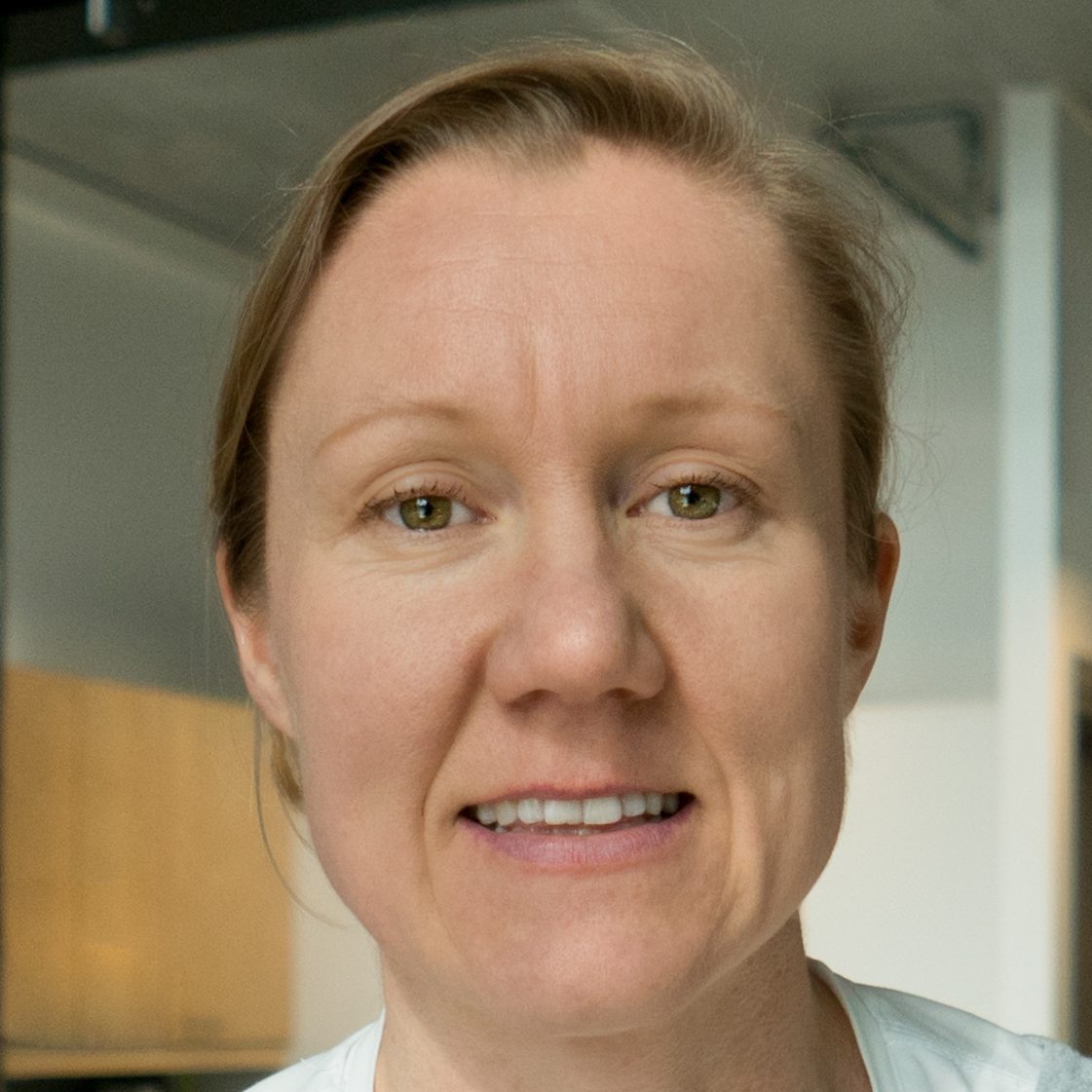 Sirkku Juhola
Sirkku Juhola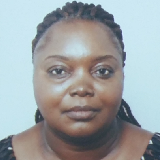 Emma T. Liwenga
Emma T. Liwenga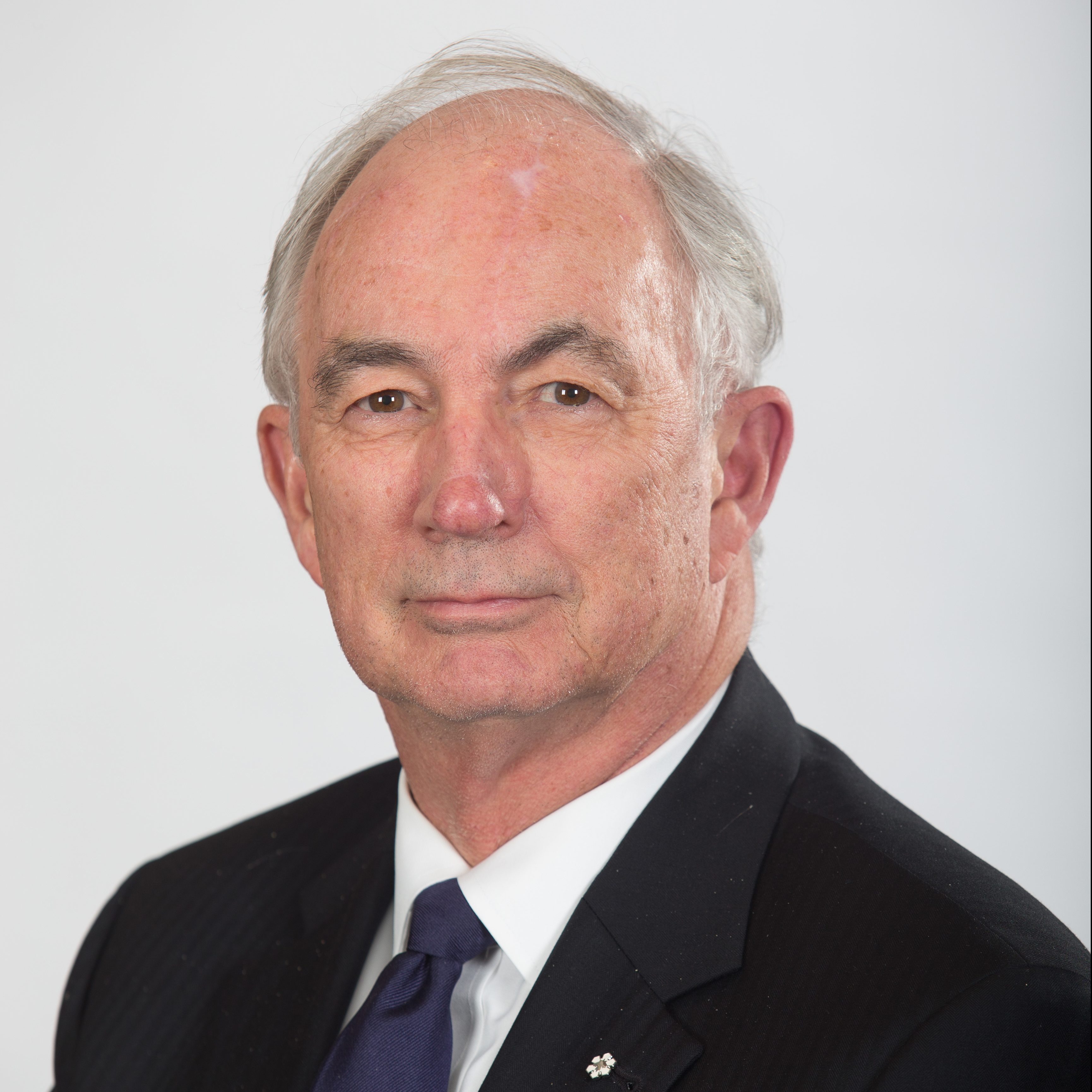 Gordon McBean
Gordon McBean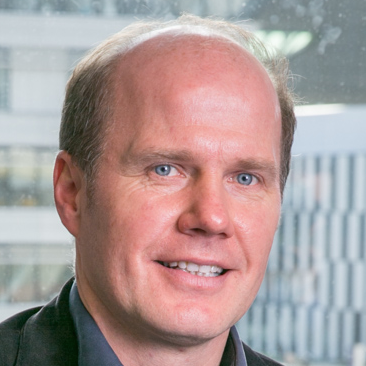 Reinhard Mechler
Reinhard Mechler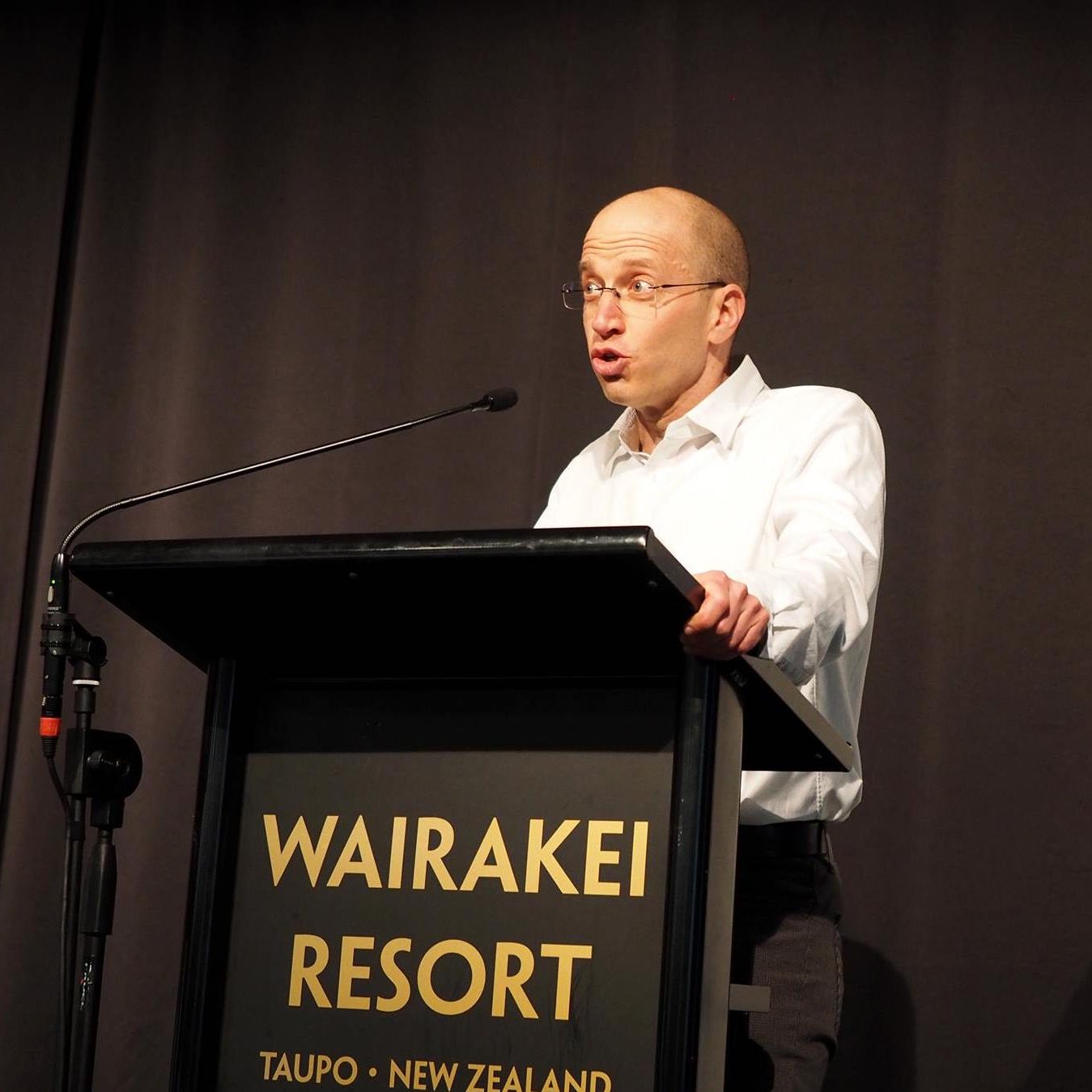 Ilan Noy
Ilan Noy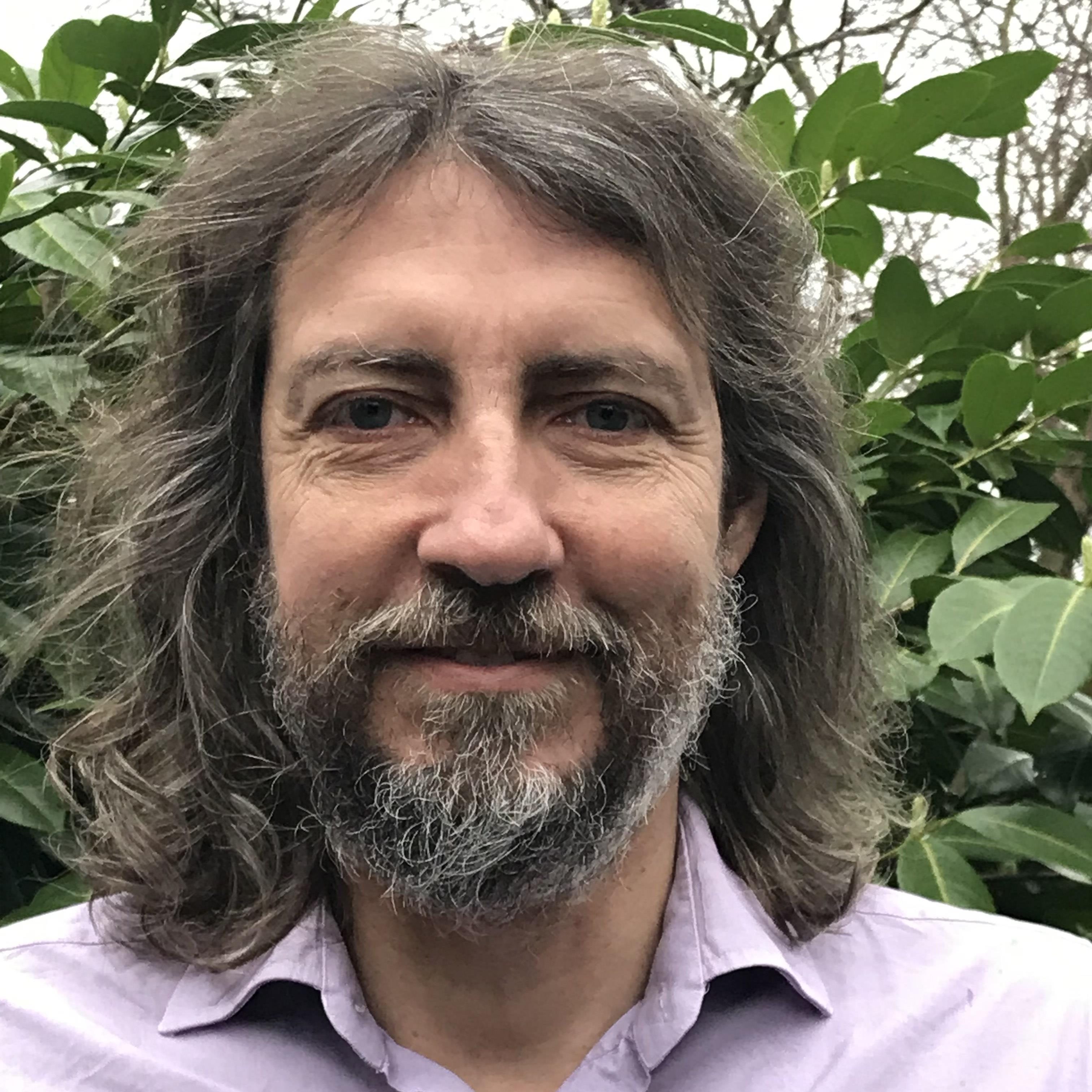 Mark Pelling
Mark Pelling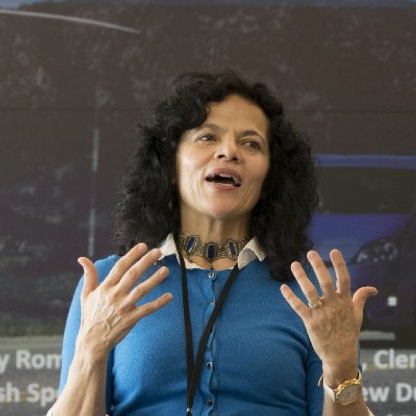 Patricia Romero-Lankao
Patricia Romero-Lankao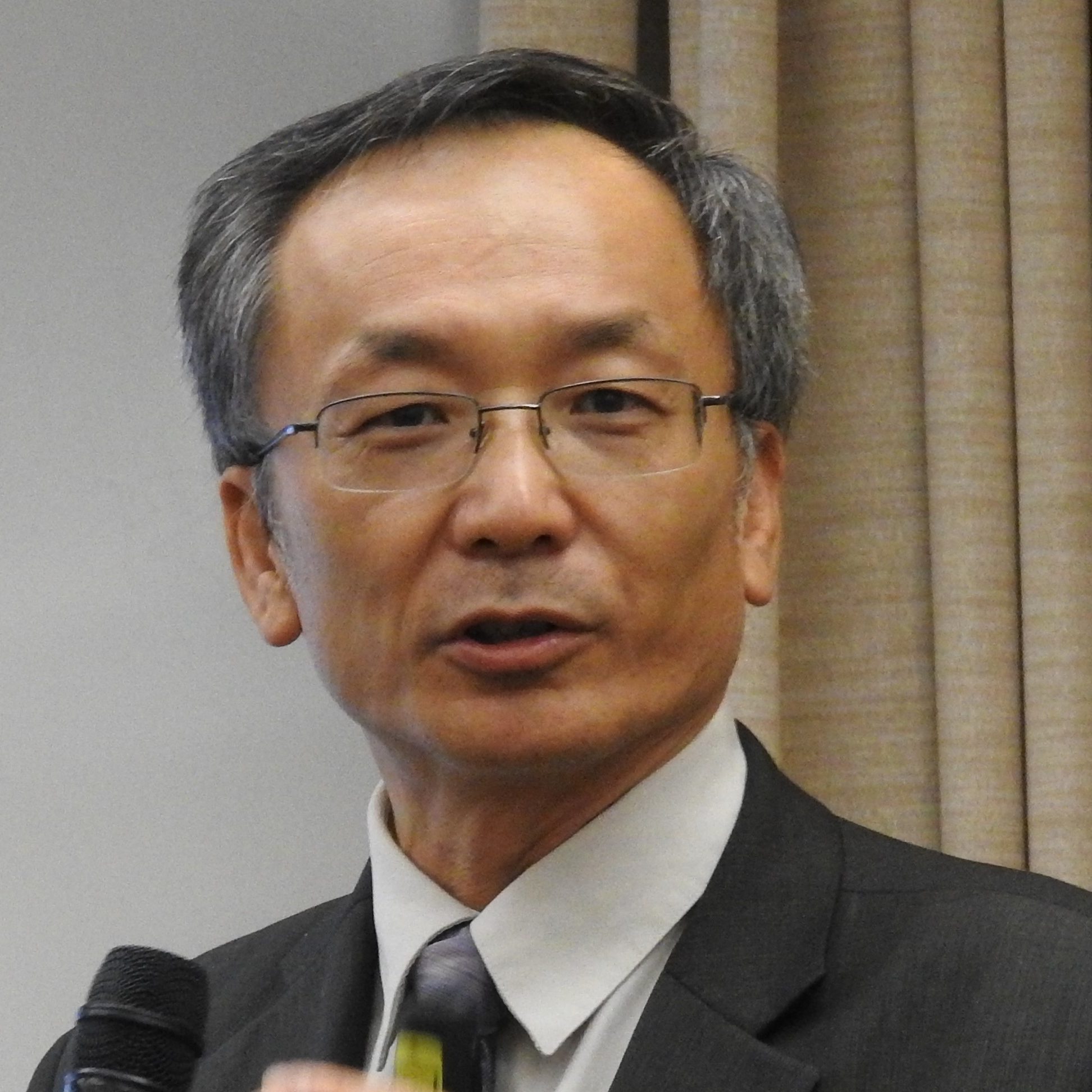 Qian Ye
Qian Ye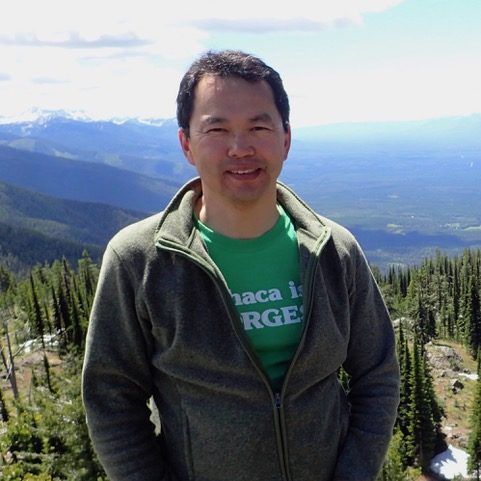 Takehito Yoshida
Takehito Yoshida Marta Alfaro
Marta Alfaro